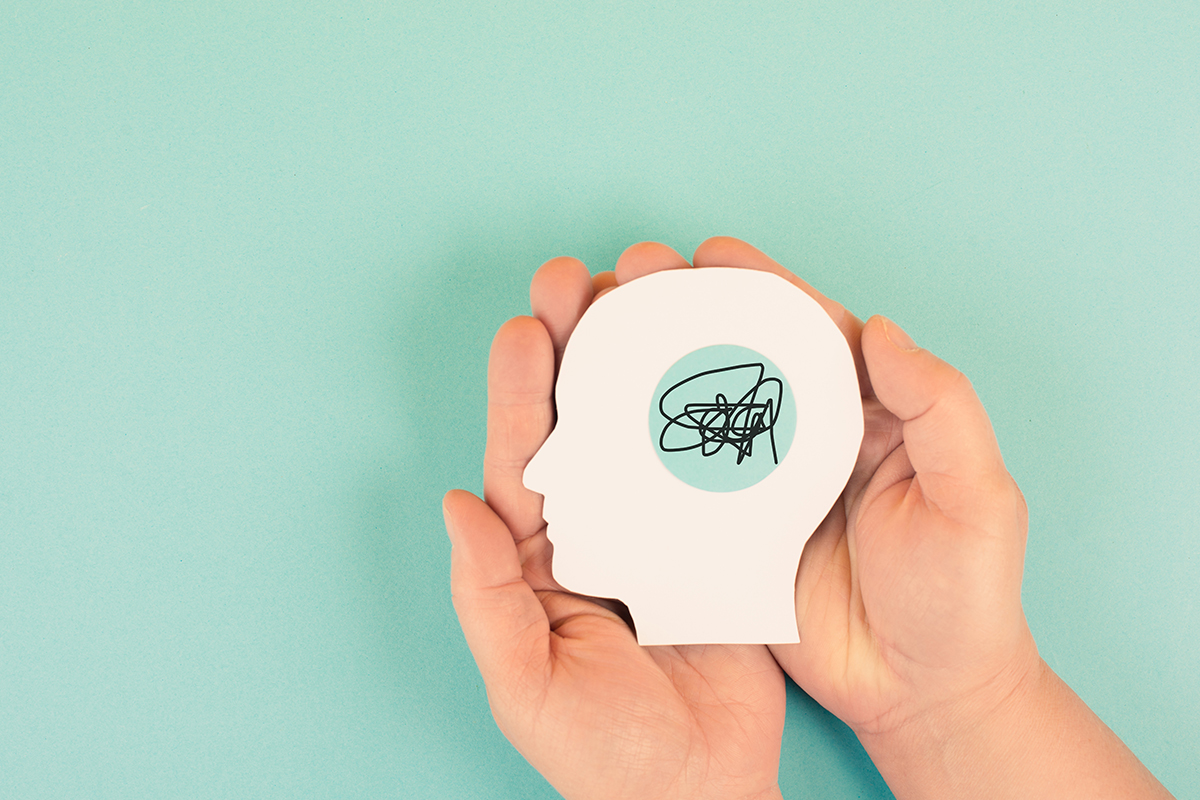
Can Neurofeedback Train the ADHD Brain?
Living with Attention Deficit Hyperactivity Disorder (ADHD) presents daily challenges that often demand innovative solutions. While traditional treatments such as medication have been the go-to for many, a more unique approach called neurofeedback is gaining traction. In this post, we’ll explore the transformative potential of neurofeedback and why it might be the key to training and optimizing the ADHD brain.
The Neurofeedback Advantage
Neurofeedback isn’t just another alternative; it’s a cutting-edge technique that empowers individuals to take control of their brain activity. By harnessing the brain’s natural ability to learn, neurofeedback provides real-time insights into your unique neural patterns. Think of it as a personalized brain training program designed to unlock your full potential.
Understanding Neurofeedback’s “Magic”
At the core of neurofeedback lies the idea that individuals with ADHD often exhibit distinctive brainwave patterns. These patterns, especially the balance between theta and beta waves, influence attention, impulsivity, and overall cognitive function. Neurofeedback acts as a guide, helping you reshape these patterns through positive reinforcement.
Research Triumphs: A Journey of Success Stories
Embarking on the neurofeedback journey has proven life-changing for many individuals with ADHD. Numerous success stories abound, showcasing improvements in focus, impulse control, and overall cognitive function. Imagine experiencing a noticeable shift in your ability to concentrate and manage impulsivity – neurofeedback has the potential to turn these dreams into reality. Dive into the research, and you’ll find a sea of anecdotal evidence supporting the effectiveness of neurofeedback for ADHD.
A Personalized Approach: Tailoring Neurofeedback to You
One size doesn’t fit all, especially when it comes to ADHD. Neurofeedback treatment takes this into consideration, offering a personalized approach to brain training. Your sessions are crafted to target your specific needs, ensuring that the training aligns with your unique brainwave patterns. This tailored approach enhances the effectiveness of neurofeedback, making it a truly personalized and transformative experience.
Addressing Skepticism: Unraveling the Critics’ Curtain
While some skepticism surrounds neurofeedback, it’s important to address concerns head-on. Critics argue about the placebo effect, but the transformative outcomes experienced by individuals undergoing neurofeedback speak volumes. Additionally, quantitative and measurable changes can be seen in EEG activity as a result of the intervention. As the evidence continues to mount, neurofeedback is emerging as a beacon of hope for those seeking a life-changing solution for their ADHD challenges.
Beyond Boundaries: Integrating Neurofeedback with Tradition
Neurofeedback doesn’t operate in isolation; it complements traditional treatments seamlessly. Imagine a comprehensive approach where neurofeedback enhances the benefits of medication or behavioral therapy. The synergy between neurofeedback and traditional treatments is a game-changer, offering a holistic solution that addresses ADHD from multiple angles.
Conclusion: Your Journey Towards Transformation
In conclusion, neurofeedback is not just a possibility – it’s a transformative journey waiting to unfold. The potential to train the ADHD brain is within reach, backed by compelling evidence and success stories that echo the power of personalized brain training. As you stand at the crossroads of your ADHD journey, consider the promise that neurofeedback holds – a promise of empowerment, transformation, and a brighter future where you can unleash the full potential of your unique mind. The journey towards a focused, controlled, and empowered life begins with neurofeedback. For more information on our Neurofeedback programs at Cognitive Solutions L.C., please visit our Neurofeedback Services page.
Related Posts
Thoughts on Executive Functioning Skills
Thoughts on Executive Functioning Skills By Ari Goldstein, Ph.D. When I first...
TREATMENT AND THERAPY PROGRAMS FOR LEARNING DISABILITIES, ADD/ADHD, EXECUTIVE FUNCTIONING, ANXIETY, AND DEPRESSION
Our programs are designed to help you reach your full potential! At CSLC we take...
Exercise for Depression
“Mens sana in corpore sano” Exercise to Treat Depression and Improve Overall...
ABOUT LEARNING DISABILITIES AND ADD/ADHD
A learning disability, such as dyslexia, dysgraphia, or dyscalculia, is defined...





